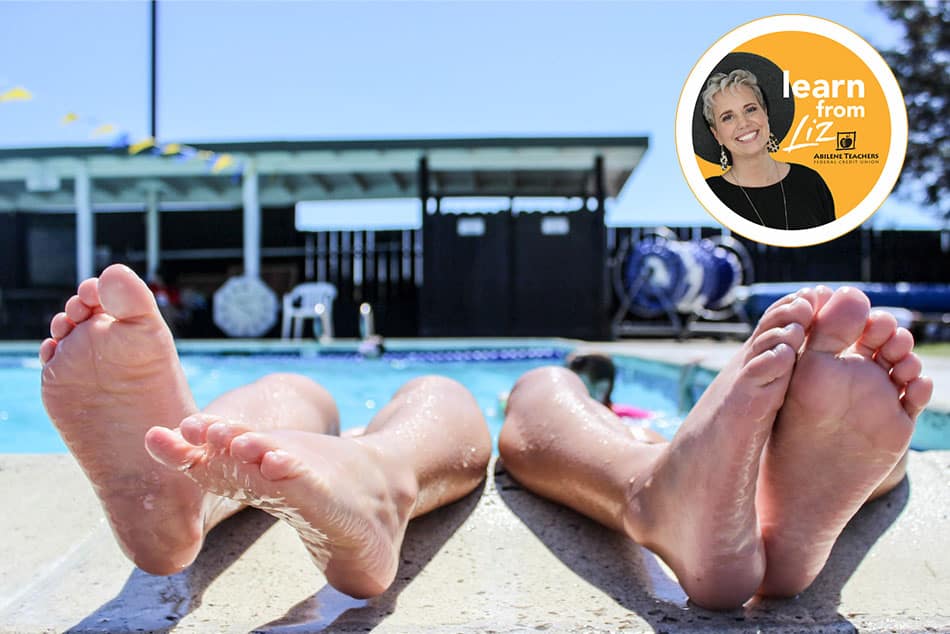12 Steps to Financial Wellness – Step 10: Plan for Retirement

Now that you’ve learned how to indulge responsibly and are mindful of your credit score, it’s time to start planning for retirement. This is true no matter your stage of life!
It’s never too early – or too late – to start planning for your retirement. However, like all long-term savings goals, retirement should ideally be planned for as much in advance as possible. That’s because the more time you allow for your savings to grow, the bigger the nest egg you’ll be rewarded with when it’s time to cash in on your funds.
Here’s how to get started on planning your retirement.
Set a target number
Before you start squirreling away money for the future, determine how much you’ll need to have saved for living comfortably and independently throughout retirement. Experts recommend taking your current living expenses and multiplying that number by 400 to reach the amount you’ll need for sustaining yourself based on a 4% return.
Choose your retirement accounts
Next, you’ll need to select a place to keep your retirement savings. There are many options to consider, some of which you may already have if you are employed. Here’s a quick review of the two most common retirement accounts:
- 401(k)
If you’re currently or previously employed, you may already have a 401(k) that’s collecting money for your retirement, and investing it so it can have an opportunity to grow. Take advantage of this retirement tool by maximizing your contributions. Additionally, many employers will match a portion of, or all, your contributions, which is literally free money that will help your investments grow, tax-deferred. - IRA
An Individual Retirement Plan (IRA) is a retirement fund that allows your money to grow, tax-deferred. Like with a 401(k), some employers will match a portion of, or all, contributions. However, there are federal limits on how much you can add to your IRA annually. You can choose between a conventional IRA or a Roth IRA. A conventional IRA lets your money grow tax-deferred, but withdrawals are taxable. A Roth IRA does not feature tax-deferred growth, but qualified withdrawals are not taxed.
Presented in the table below is a brief summary of the pros and cons of each retirement vehicle for easy comparison.

After you’ve identified the retirement fund strategy that best works for your goals, you’ll also need to choose somewhere to invest the money. Low-risk investment vehicles, such as federal bonds or trust funds, are usually the best choice.
Select a target date fund
If you are saving for retirement through the use of a 401(k), be sure to check if your employer offers a target date fund. This refers to your planned retirement date. You’ll know your employer offers a target date fund if there’s a calendar year in the name of the fund, such as “B.K. Holdings Retirement 2055 Fund”. Simply determine an estimated guess of the year you intend to retire, and then pick the fund with the date closest to your anticipated retirement date.
A target date fund is a smart choice because it spreads the money in your 401(k) across many asset classes, such as large company stocks, small-company stocks, bonds and emerging-markets stocks. Then, as you near the target date, the fund becomes more conservative, owning less stocks and more bonds, automatically reducing your risks as you near the date of your retirement.
With a bit of work and a lot of planning, you’ll have your future secured in the best way possible.


